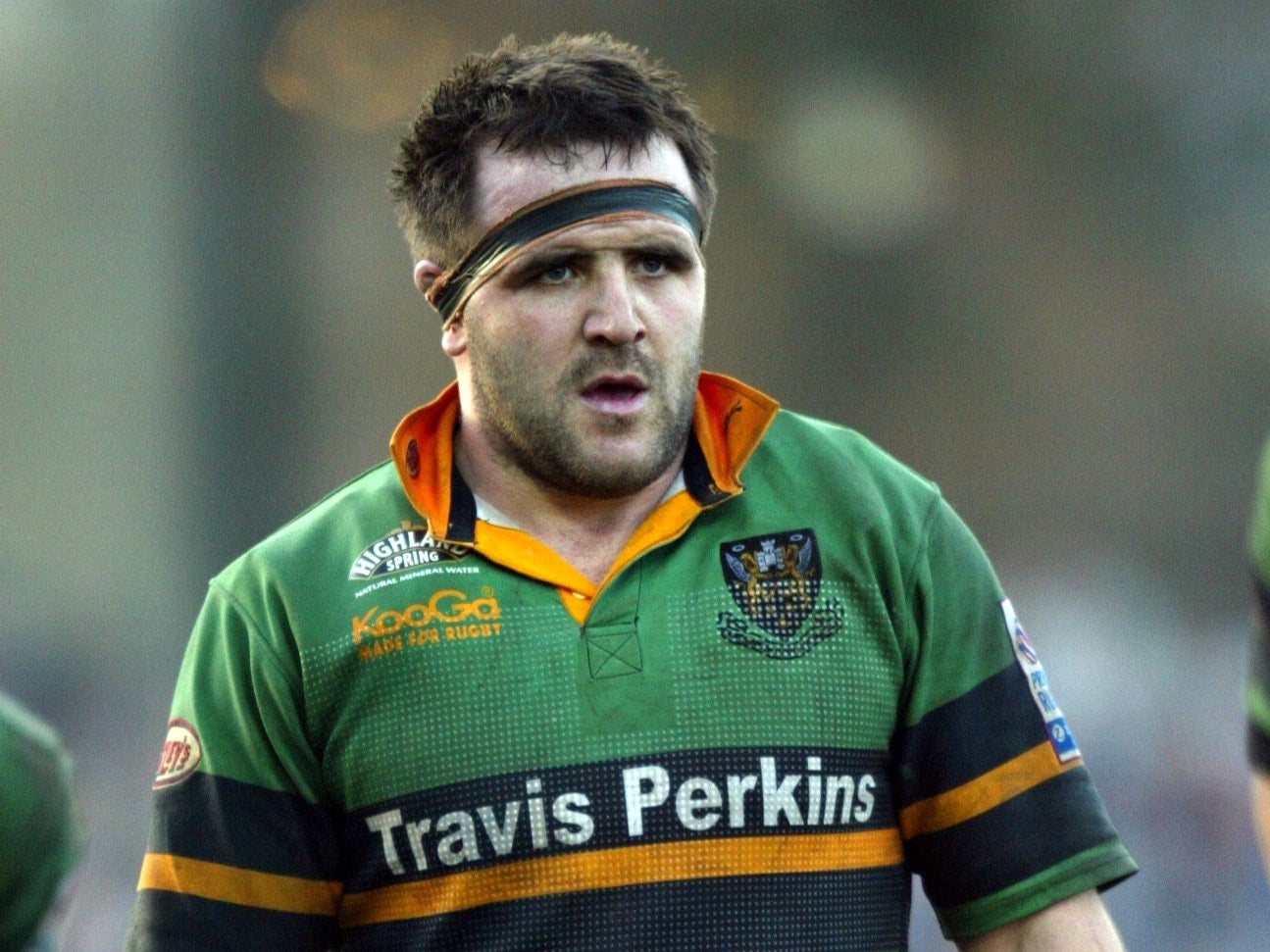Tom Smith: The shy Scotland captain who did his talking on the pitch
Smith was a member of Scotland’s last Five Nations-winning side of 1999 and part of the successful British and Irish Lions squad of 1997.

Your support helps us to tell the story
From reproductive rights to climate change to Big Tech, The Independent is on the ground when the story is developing. Whether it's investigating the financials of Elon Musk's pro-Trump PAC or producing our latest documentary, 'The A Word', which shines a light on the American women fighting for reproductive rights, we know how important it is to parse out the facts from the messaging.
At such a critical moment in US history, we need reporters on the ground. Your donation allows us to keep sending journalists to speak to both sides of the story.
The Independent is trusted by Americans across the entire political spectrum. And unlike many other quality news outlets, we choose not to lock Americans out of our reporting and analysis with paywalls. We believe quality journalism should be available to everyone, paid for by those who can afford it.
Your support makes all the difference.Tom Smith was never one to run his mouth. Deeds rather than words were this hardy prop’s preferred method for inspiring others to follow where he furrowed.
But when he did speak, the respect was instantaneous. Former team-mates later recalled that when the famously-shy Scotland captain – who died on April 6, aged 50 – rose to his feet, a hush descended and everybody listened.
And for good reason given the height his deeds took him to. A member of Scotland’s last Five Nations-winning side of 1999 and a member of the successful British and Irish Lions squad which toppled then-world champions South Africa in 1997, Smith was a proper rugby player.
Although born in London, it was in the foothills of the Highlands that Scottish Rugby Hall of Fame inductee Smith received his education in the game.
After his English father died when he was just six, his Scottish mother later sent him to board at the Rannoch School in Perthshire – although Smith’s description of its location as being “absolutely the middle of nowhere” was probably just as accurate.
With the school’s pitches frozen solid for three months of the year, he and his class-mates would work on their fitness through winter by running up and down hills.
“There were times when it was pretty tough and cold out here but at the end of the day rugby is a hard game and you need to be tough to play it,” he said.
There were harsher lessons to come when he joined his first amateur side Dundee High School FP.
“You find out about survival the hard way,” said Smith in a 2009 interview. “When I joined my first senior club in Dundee, there was an old prop called Danny Herrington, a bit of a local legend, who basically shoved my head up my arse in training, twice a week every week for what seemed like years.
“Now, that’s what you call a learning curve. Those training sessions were my classroom.
“Danny took the view that a young prop should have his share of bad experiences before trying to inflict them on other people.”
He had to endure a fair share of bad experiences due to his epilepsy condition – including one on the morning of a match against England having graduated to the Scotland set up.
“I played a Calcutta Cup match after having a seizure on the day of the game and believe me, it wasn’t the best idea I ever had,” he said.
Those early hardships shaped the gruff side that every prop requires.
But Smith was not just about the grunt and shunt. He was very much the modern-day player who could throw the kind of instinctive offload and even the odd dummy that a flamboyant number 10 would be proud of.
Named in Sir Ian McGeechan’s Lions squad to face the Springboks in 1997 despite having played just three times for the Scots, he would go on to play in all three Tests as the tourists won a thrilling series 2-1.
He retained his place four years later in Australia, again starting all three clashes in a series won 2-1 by the Wallabies.
But two years later he was celebrating again, as Jim Telfer’s Scotland side won the final edition of the Five Nations.

The honour of captaining his nation was first bestowed during the 2001 autumn tests while the following year his talents were recognised as he was named among a World XV.
He had longevity, too. He started his professional club career with Caledonian Reds in 1996 before racking up stints at Glasgow Caledonians and Brive. He brought the curtain down on his playing career in 2009 after an eight-year spell at Northampton, aged 37.
He returned north of the border shortly afterwards as he moved into coaching with Edinburgh, then enjoyed three years in France from 2012 as he was recruited to look after Lyon’s forwards.
But Smith – who had faced and bested some of the toughest figures in world rugby during his playing career – was left to admit in November 2019 that he was facing his biggest challenge yet after being diagnosed with stage 4 cancer, with tumours in his colon, brain and liver.
Smith is survived by his wife Zoe and three children Angus, Teddy and Amelie.
Join our commenting forum
Join thought-provoking conversations, follow other Independent readers and see their replies
Comments